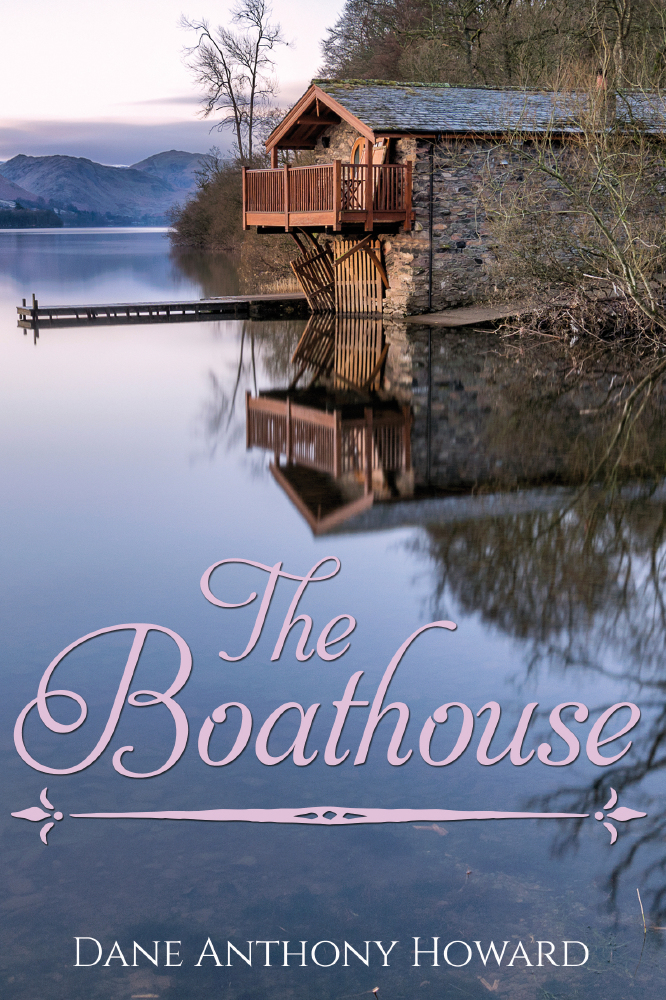Following the Book Guild's recent publication of my first novel, 'The Boathouse', available now through my website www.daneanthonyhoward.co.uk, I was asked to suggest how aspiring writers could go about writing their own romantic fiction.

Dane Anthony Howard
My first thought was, 'What do I know?' Then, 'What do I know?' And then I thought about it a bit more and, for what they're worth, came up with my own Top Ten tips.
1. Enrol on a creative writing course. Even if you're absolutely convinced of your innate talent, you will learn. Not only will you have a published tutor to guide you, you will receive invaluable feedback on your efforts from the other students and, equally importantly, you'll learn lessons from critiquing their writing.2. Have something to say. Write a story you would like to read. If you don't want to read it, why should anybody else? Never forget, the reader is seeking entertainment/escape, possibly even to learn something.
3. Use the 'narrative arc'. If you don't know what that is, Google it. Basically, it will show you how to construct your story. But don't let it become overly prescriptive. Vary the pace, the timelines. Mix it up a bit. Don't be afraid of so-called 'info dumps'. Readers will want to know the four 'w's: the who, the what, the where, and the why.
4. Your protagonists need to be human, recognisable - not superhuman. They will have history, flaws, secrets, ambitions, desires. But they need to be sympathetic. The reader needs to care - one way or another.
5. Show, don't tell. Let the reader conclude from the prose (e.g. He poured out yet another drink' rather than, 'He had a drink problem'). Don't spell everything out. Try to avoid 'he said/she said'. Make quoted conversation realistic, not literary. Listen to/record real conversation. How do people really speak? Utilise unfinished sentences, not listening/hearing, misunderstandings - deliberate or otherwise.
6. Make sure every word earns its place in the sentence (e.g. 'They stayed at The Four Seasons Hotel'. We all know you mean the hotel).
7. Location, location, location. Consider setting your story somewhere trendy/exotic: a holiday destination perhaps. Somewhere hot, where passions are ignited?
8. Play on the senses: describe sights/smells/sounds/taste/touch - but sparingly. Limit the adjectives. Create word pictures, but no purple prose please!
9. Draw on your own experiences. Be brave/honest, even if it might seem embarrassing. The reader's probably been there too. They will not be judging you.
10. Invest in an English grammar book.
The first draft is you telling the story to yourself. Self-edit. Put it away in a draw for a few weeks, then self-edit again. Only then send it to people whose opinions you value.
But again, what do I know? As W Somerset Maugham once said, 'There are only three rules to writing a novel - unfortunately no-one knows what they are.'
Finally, they say that everyone has a book in them, and that's exactly where most of them should stay. Maybe with these tips you can prove them wrong. Go for it. And good luck!

The Boathouse is also available to purchase from www.bookguild.co.uk.

